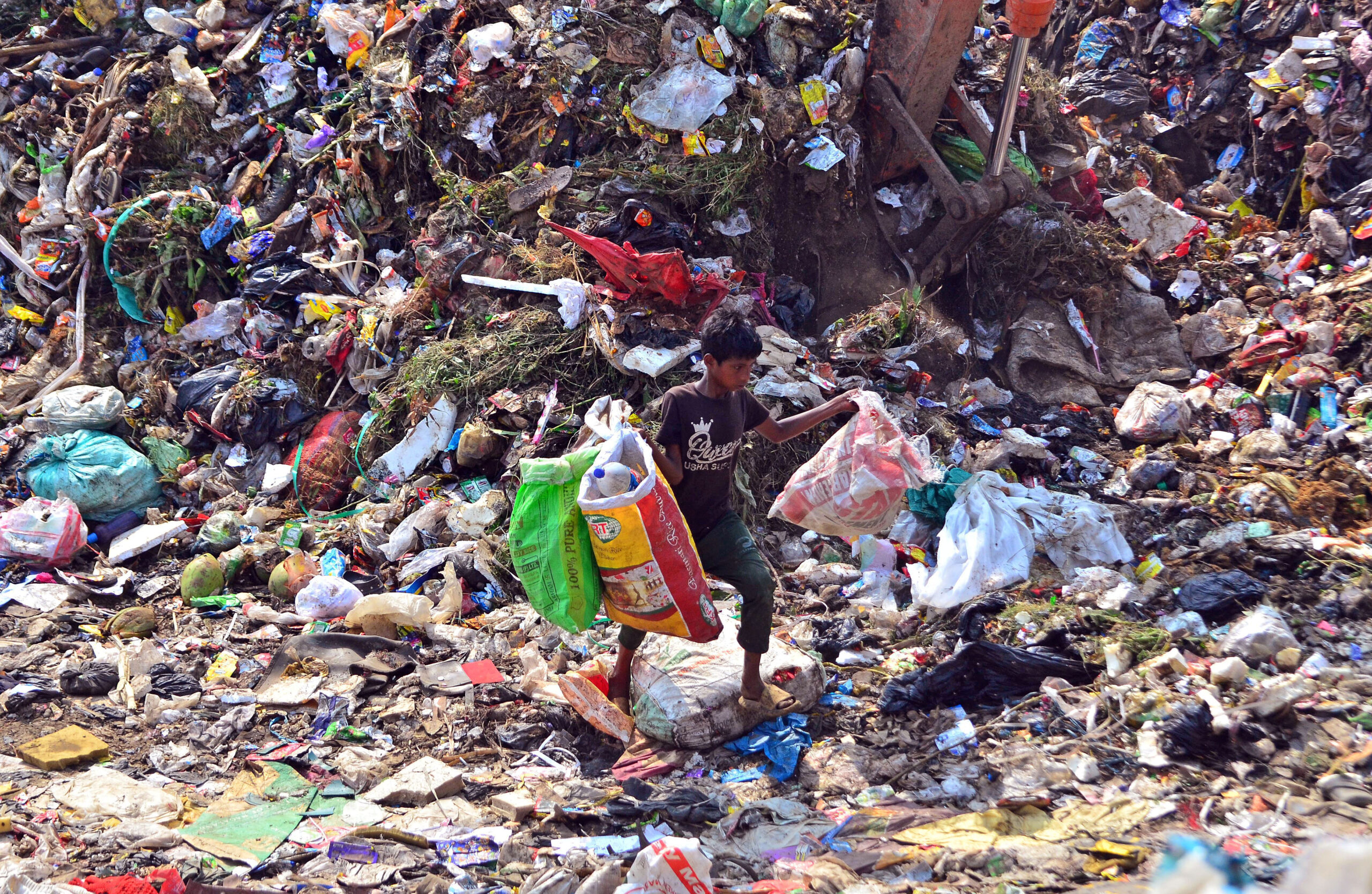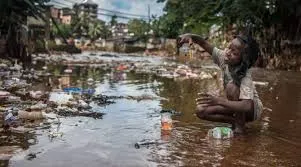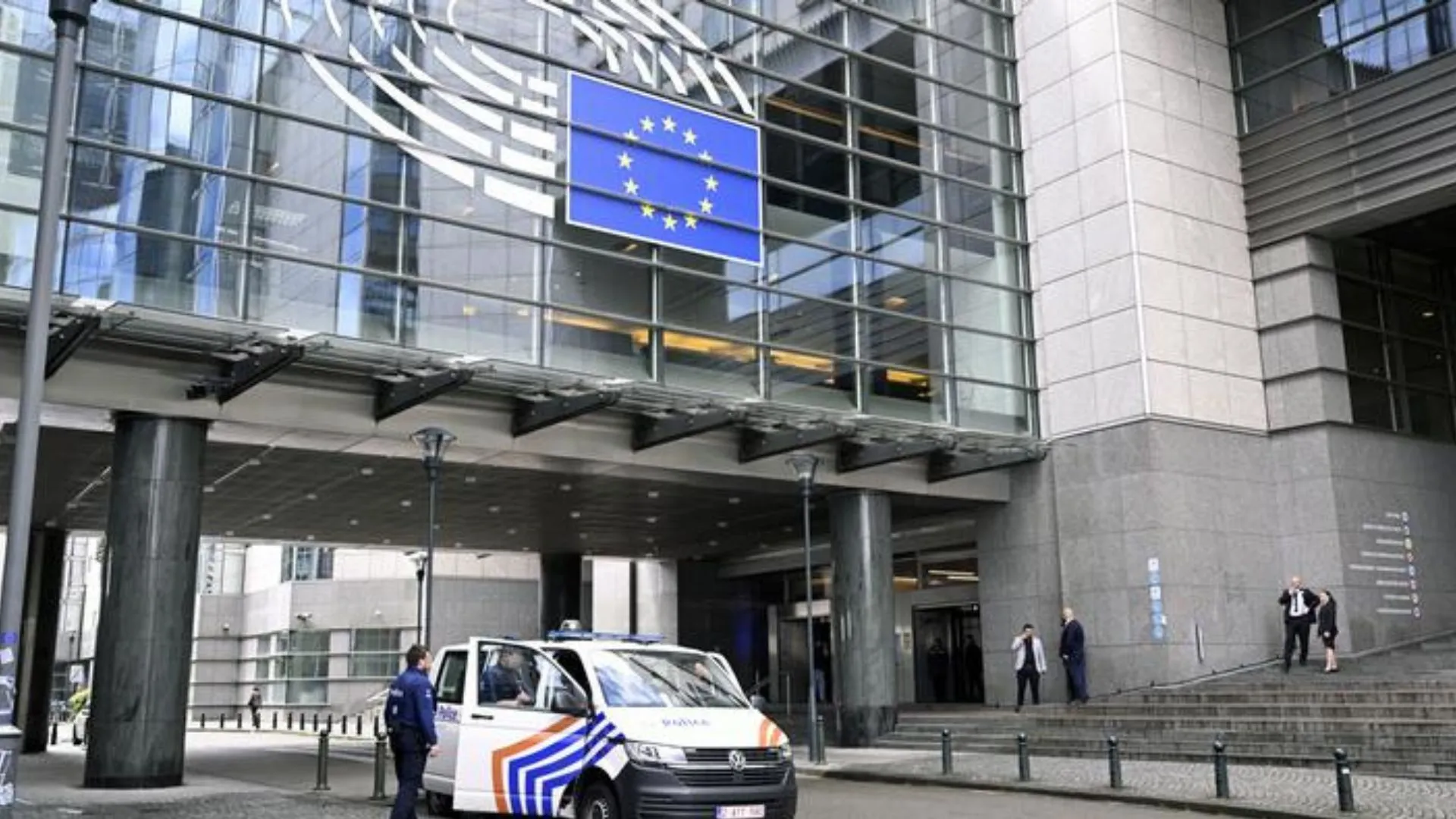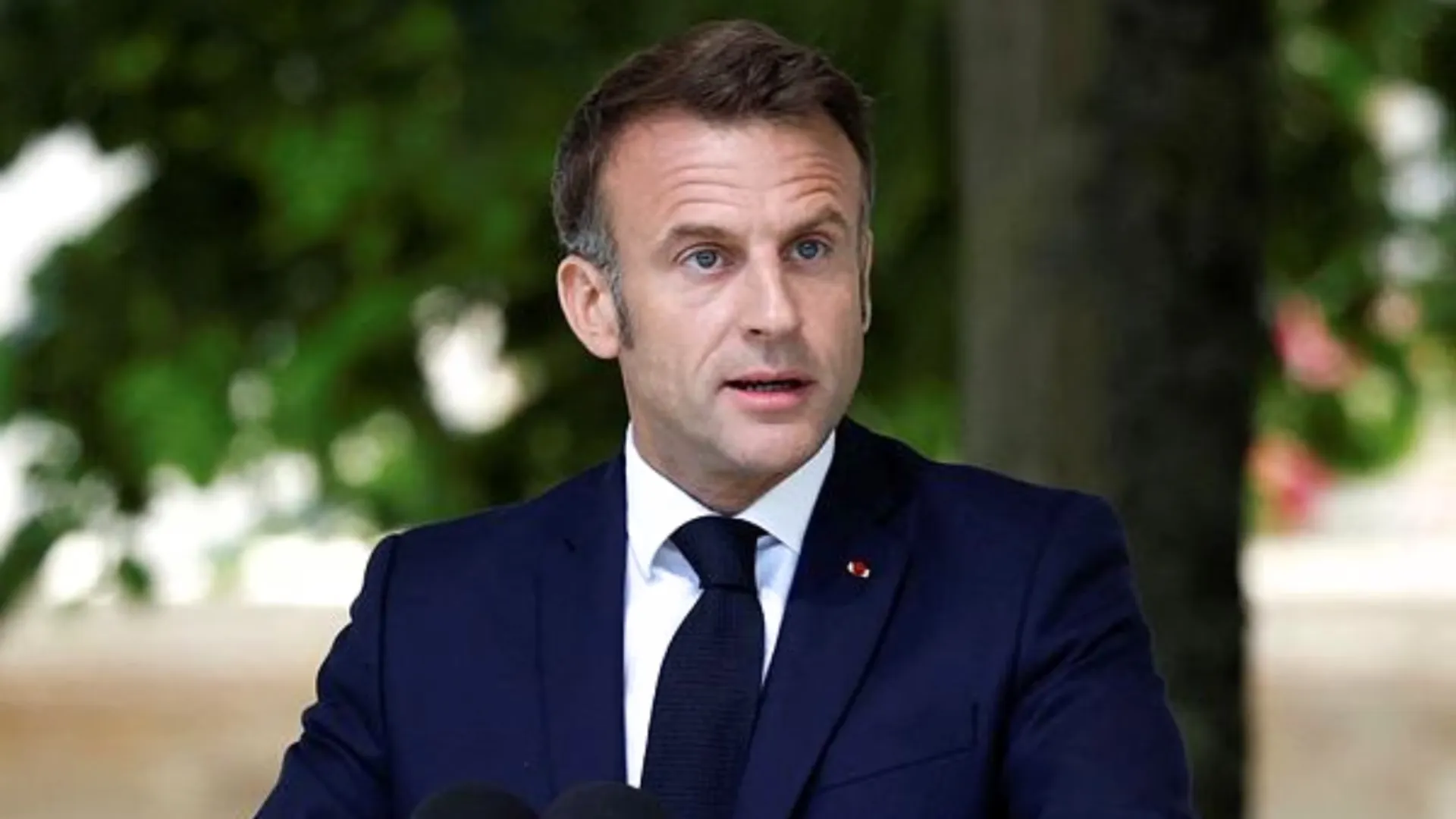World leaders will convene in the Canadian capital this week to evaluate the progress made in drafting a groundbreaking global treaty aimed at curbing the escalating problem of plastic pollution by the year’s end.
Anticipated as a pivotal accord, akin in significance to the 2015 Paris Agreement, this treaty is expected to rally 195 nations toward the shared goal of limiting the rise in global temperatures to 1.5°C. However, the negotiations in Ottawa face considerable challenges, with countries at odds over the level of ambition the treaty should embody.
The impetus for these discussions stems from the agreement reached at the U.N. Environmental Assembly in 2022, wherein nations committed to formulating a legally binding pact by 2024 to tackle the pervasive crisis of plastic pollution. Intended to address plastics across their entire life cycle—from production to consumption to disposal—the treaty aims to confront the multifaceted challenges posed by plastic waste.
Plastic pollution presents a dual dilemma, tarnishing landscapes and waterways while also contributing to greenhouse gas emissions. Recent reports indicate that the plastic industry currently accounts for 5% of global carbon emissions, a figure projected to escalate to 20% by 2050 if present trends persist. With plastic production set to triple by 2060, some advocate for the imposition of production limits to mitigate these environmental ramifications.
The ongoing discussions in Ottawa mark a critical juncture, drawing the participation of approximately 3,500 stakeholders, including lobbyists, scientists, and environmental organizations. Despite the momentum garnered from previous rounds of talks, disparities among nations persist, particularly regarding contentious issues such as production caps and phase-outs.
At the forefront of this discourse are two distinct coalitions with contrasting objectives. The “High-Ambition Coalition,” comprising 60 nations including EU member states, seeks to eradicate plastic pollution by 2040 through enforceable provisions aimed at curbing production and consumption. In contrast, the group of “Like-Minded Countries,” encompassing major plastic and petrochemical producers such as Saudi Arabia, Iran, and China, opposes stringent measures like production limits, favoring voluntary approaches and focusing on post-production solutions such as recycling and waste management.
Amidst these divergent perspectives, corporate entities wield significant influence, with both the petrochemical industry and consumer-facing brands advocating for positions aligned with their interests. While the former emphasizes voluntary disclosure of production-related chemicals and emphasizes post-production solutions, the latter calls for stringent measures including production caps, product design requirements, and extended producer responsibility.
As the discussions unfold, stakeholders grapple with the complexities of plastic pollution, seeking common ground to address this urgent global challenge while navigating diverse interests and priorities.










